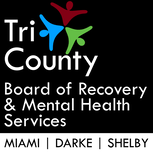During the four-day training, officers hear from a variety of professionals who work with persons with mental illness, substance use disorders and other special populations. Officers learn techniques for safely engaging with special populations and learn about resources available in the community with the goal of getting people the help they need and prevent unnecessary incarceration or other legal matters,
The December 2021 Academy is the 19th class in 16 years of the Tri-County Board's program. More than 330 officers have completed the Tri-County CIT Academy, with more than 225 still active on local law enforcement rosters.
The officers completing the training are Brandon Johnson, Cameron Keiser and Morgan Styles, Fort Loramie Police Department; Angie Spitler, Piqua Post Ohio State Highway Patrol; James Hunt, Tipp City Police Department; Ragan Williams, Edison State Community College Police Department; Jesse Penwell, Miami County Park District; Adam Coe and Logan Welbaum, Piqua Police Department; Sam Conley and Trevor Robbins, Greenville Police Department; Ryan Ormberg, Troy Police Department; and Cody Stemley, West Milton Police Department.
For more information about the CIT Academy, see www.tcbmds.org/cit-academy.
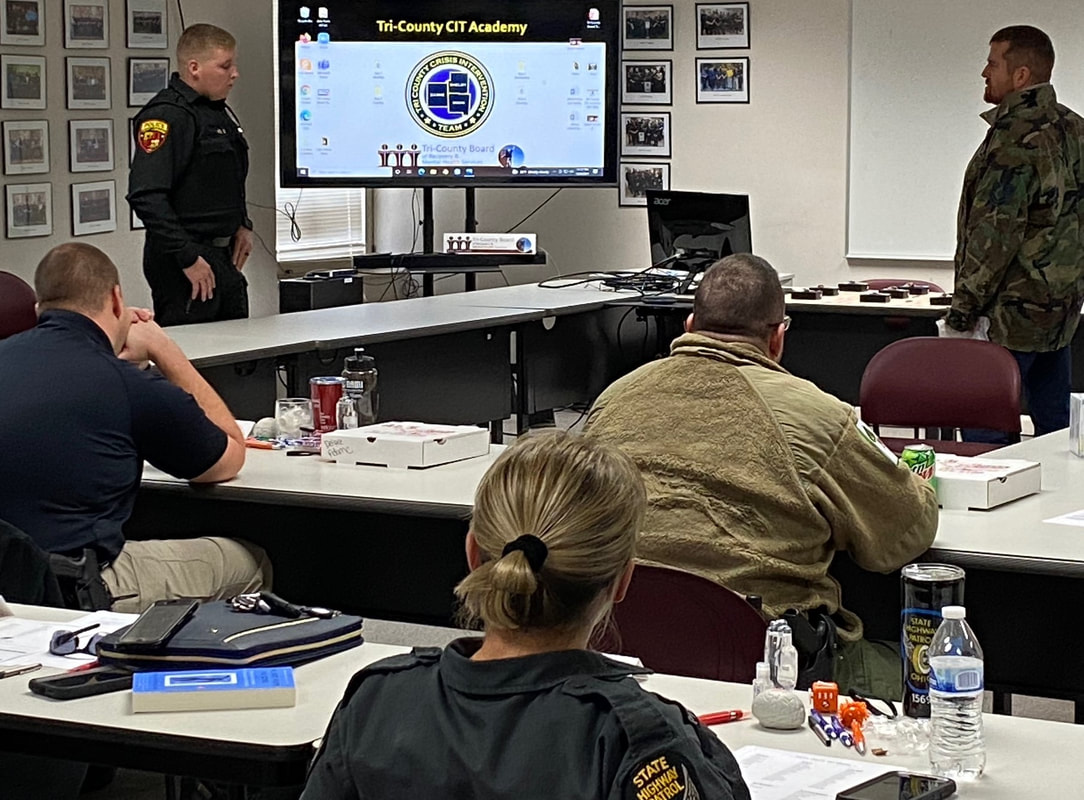
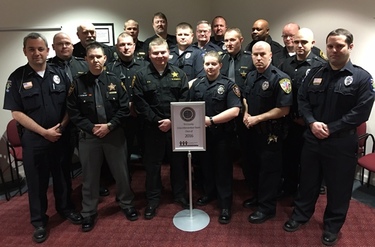
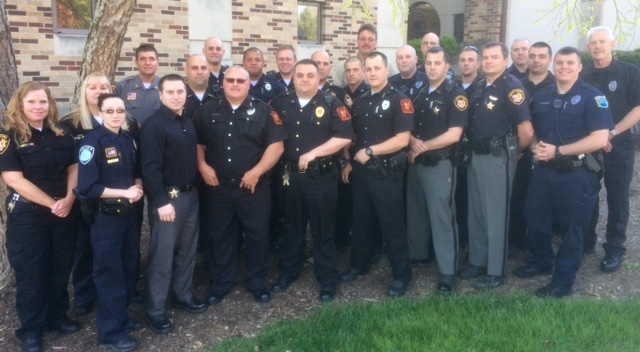

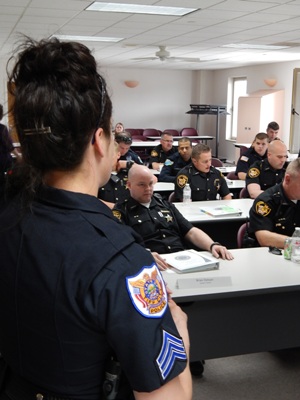

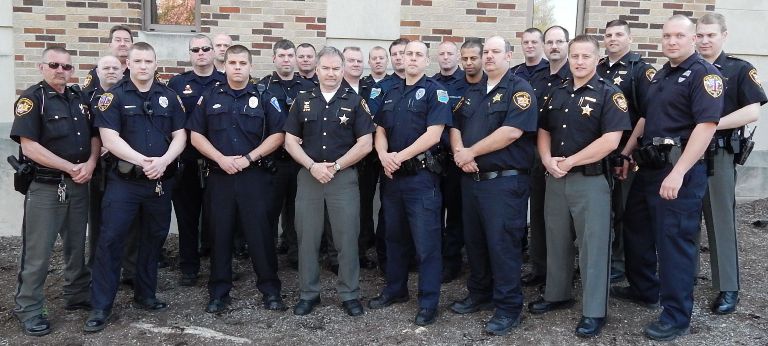

 RSS Feed
RSS Feed
